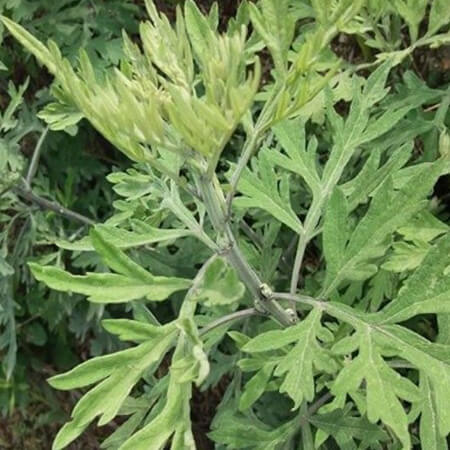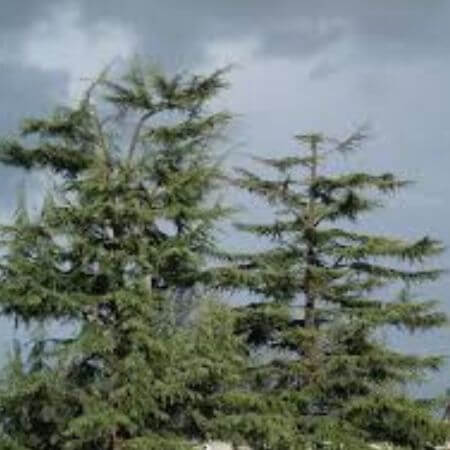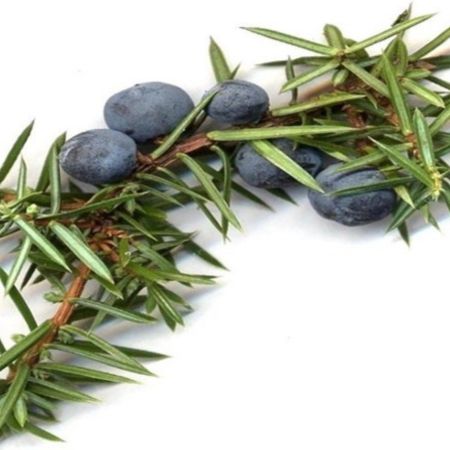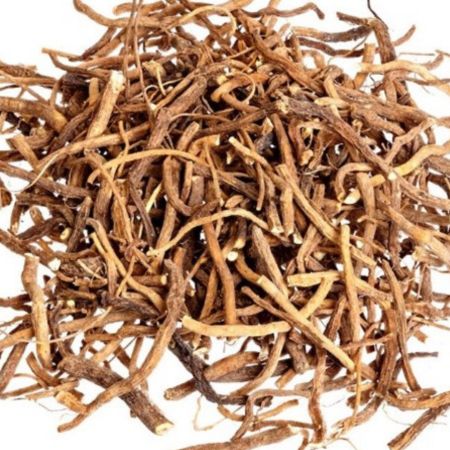Dhupi
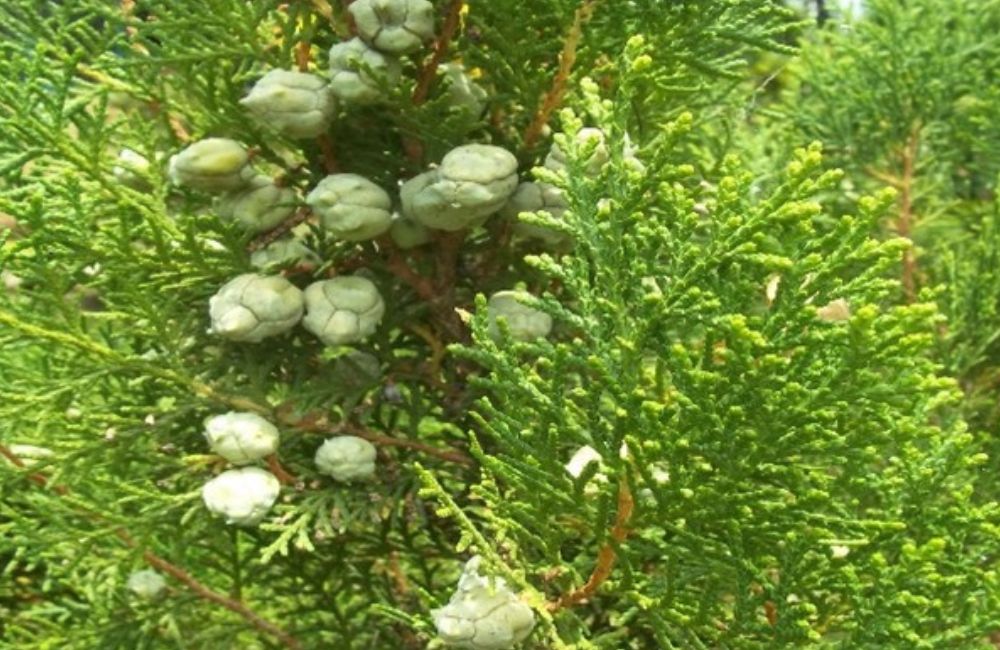
Essential Oil from Artemisia
Dhupi
Scientific name –
Juniperus communis
Uses
- Antibacterial:
Effective in treating skin infections, wounds, and promoting skin healing.
- Anti-inflammatory:
Reduces inflammation, helping with conditions like arthritis and muscle stiffness.
- Detoxifying:
Known for its detoxifying properties, it helps cleanse the body by eliminating toxins.
- Respiratory Health:
Relieves coughs, bronchitis, and asthma due to its expectorant and decongestant properties.
- Pain Relief:
Reduces muscle and joint pain by alleviating discomfort and promoting circulation.
- Stress Relief:
Helps reduce anxiety and stress by calming the nervous system.
- Digestive Health:
Supports digestion and alleviates bloating and indigestion.
- Skin Care:
Treats acne, oily skin, eczema, and skin irritation due to its antiseptic properties.
- Hair Care:
Reduces dandruff and promotes healthy hair growth when used in hair oils or shampoos.
- Aromatherapy:
Used to uplift mood, improve mental clarity, and reduce mental fatigue and stress.
- Traditional Medicine:
Treats digestive, urinary, and respiratory issues; diuretic, antiseptic, and anti-inflammatory properties.
- Aromatherapy:
Essential oil used for relaxation, stress relief, and air purification.
- Cultural Use:
Smoke used in purification rituals and protection from evil spirits.
- Cosmetics:
Found in soaps, lotions, and creams for soothing effects.
- Woodcraft:
Wood used to make small items like bowls and incense holders.
- Environmental Role:
Helps prevent soil erosion in high-altitude regions.
Composition
Main Compounds and Approximate Percentage:
- Alpha-Pinene (~40-50%)
A major monoterpene with anti-inflammatory, bronchodilator, and antimicrobial properties.
- Beta-Pinene (~10-20%)
Another monoterpene that helps with anti-inflammatory and antiseptic effects.
- Myrcene (~10-15%)
Known for its anti-inflammatory, analgesic, and muscle-relaxant properties.
- Limonene (~5-10%)
A compound with antioxidant, antimicrobial, and anti-inflammatory effects.
- Terpinene-4-ol (~3-5%)
An active compound with antifungal and antibacterial properties.
- Cedrol (~2-3%)
A sesquiterpene alcohol with calming and sedative effects.
- Gamma-Terpinene (~2-3%)
Known for its antimicrobial and antioxidant qualities.
- Juniperene (~1-2%)
Contributes to the oil’s characteristic scent and has antimicrobial properties.
- Camphene (~1-2%)
Known for its anti-inflammatory, antioxidant, and antifungal effects.

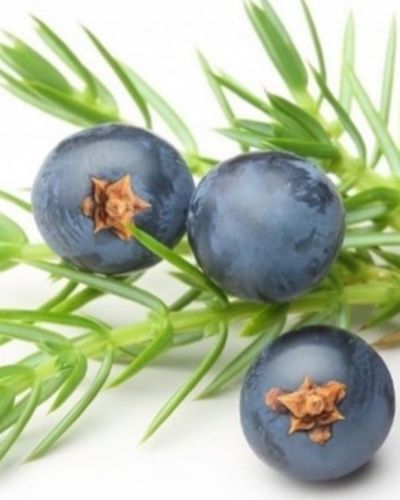
Availability in Nepal:
- Geographical Distribution:
Juniperus communis, known locally as Dhupi, is found in the Himalayan regions of Nepal.
- Elevation:
It grows at altitudes between 2,000 to 4,000 meters above sea level.
- Key Regions:
Juniperus communis is commonly found in the hilly and mountainous districts of Nepal, including Manang, Mustang, Dolpa, Rukum, and Humla.
- Habitat:
The plant thrives in temperate forests, rocky slopes, and high-altitude meadows with well-drained soil.

